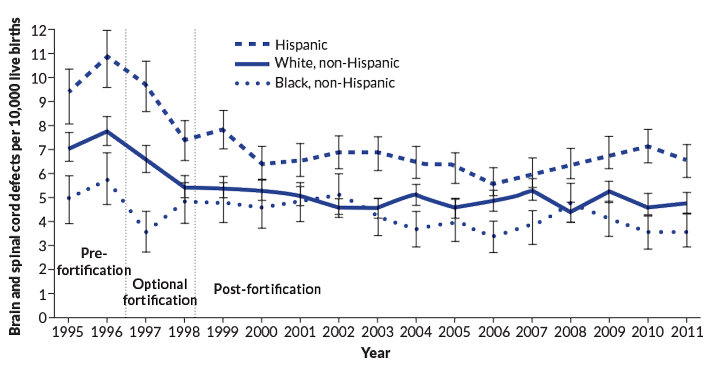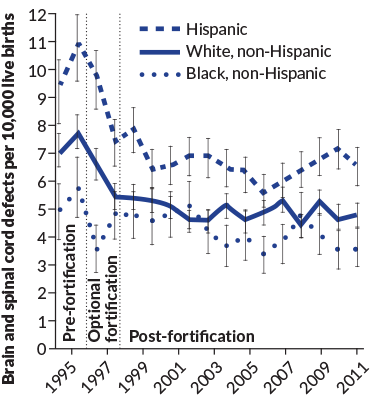50 years ago, folate deficiency was linked to birth defects
Excerpt from the December 9, 1967 issue of Science News

DAILY DOSE Although folate was required for all enriched grain products in the late 90s, and other foods are naturally folate rich, some women — especially those in minority groups and of low socio-economic status — still aren’t getting enough.
Fertnig /iStockphoto
 Folic acid
Folic acid








